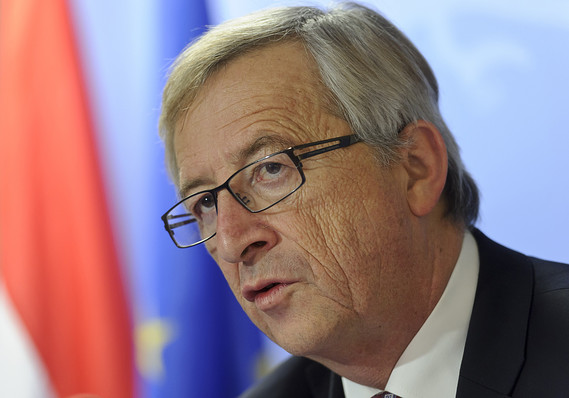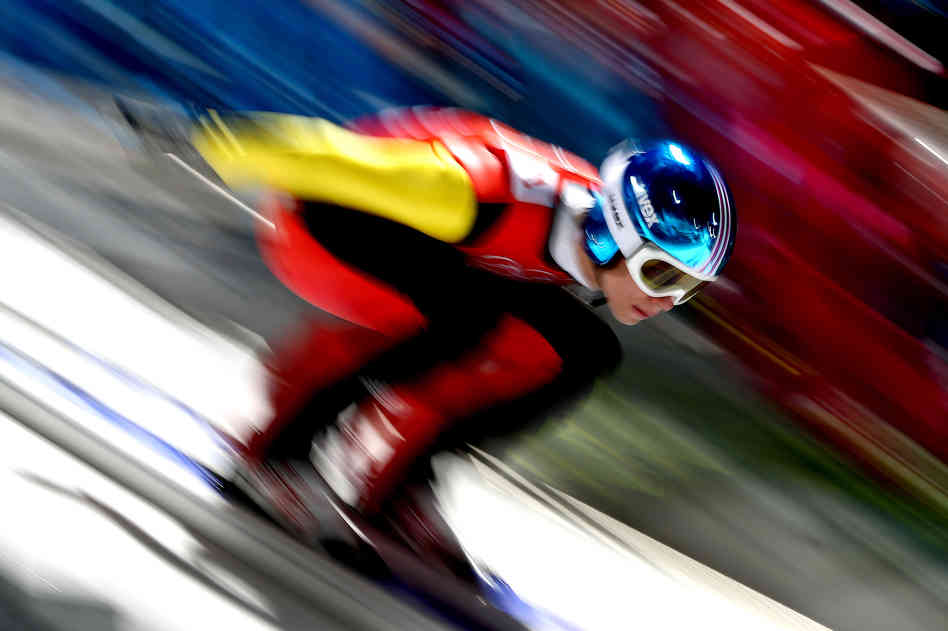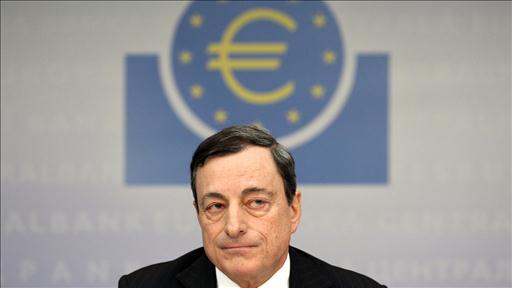
Bloomberg
Jean-Claude Juncker of Luxembourg is in line to become the next leader of the European Parliament.
WASHINGTON (MarketWatch) — The political establishment has already cast its vote for the European elections in May: More of the same.
Luxembourg’s prime minister, Jean-Claude Juncker, now reportedly has the support of German Chancellor Angela Merkel to head the list for the conservative bloc in European Parliament elections, positioning him to become the president of the European Commission if he maintains the group’s leading position in Parliament.
Why ECB keeps rates unchanged: It’s complicated
The European Central Bank disappointed those looking for monetary easing this month, despite weak inflation. Charles Forelle and Katie Martin discuss.
Provisions in the 2009 Treaty of Lisbon calling for candidates for the top commission job to reflect parliamentary election results will be in force for the first time this year and the party groupings are making their top election candidate their nominee for the commission post.
If the European People’s Party (EPP) does indeed decide next month to put up the 59-year-old Juncker, the longest-serving government head in the EU, it would complete the old guard roster of top candidates from the three main political blocs.
The mainstream leftist bloc, the Progressive Alliance of Socialists and Democrats (SD), has chosen Martin Schulz, 58, the German who is currently president of the Parliament, to head its campaign, and the Alliance of Liberals and Democrats for Europe (ALDE), a grouping of neoliberal parties, picked former Belgian Prime Minister Guy Verhofstadt, 60.
In short, it is, despite the individual merits of these candidates, a slate of European Union hacks with little political clout,designed to ensure that the German government in Berlin will continue to call the shots.
Juncker was one of the architects of the Maastricht Treaty establishing the euro
/quotes/zigman/4867933/realtime/sampled EURUSD
+0.2128%
and the longtime head of the Eurogroup of finance ministers that implemented the austerity crisis measures that have led to record unemployment and recession in southern Europe. He can be critical of Germany but ultimately toes the line.
Schulz, who has never held political office in his home country, is a creature of the Parliament, much practiced in scrimping by with its very limited powers. Verhofstadt is a perennial candidate for EU posts.
All three have operated politically in the orbit of Germany, which has the largest delegation of deputies in the Parliament, 99 out of 766.
The slate offers no concessions to southern Europe or its trials and little opportunity for voters in the afflicted countries to express any desire for change in EU policies.
Nonetheless, anti-euro and anti-EU politicians see a chance to make gains in the elections scheduled for May 22-25, with the right-wing National Front in France, for instance, claiming it will emerge as that country’s largest party.
Whether voters will actually come out to make that happen, however, remains to be seen. Participation in the 2009 vote slumped to 43%, continuing a steady decline from the 62% in the first direct elections in 1979.
Given the establishment forces arrayed against them, frustrated voters are unlikely to see the European Parliament or commission as avenues of change, and perhaps won’t even view the election as an opportunity for protest.
The National Front of Marine Le Pen does not belong to any of the groupings in the European Parliament and will hardly have any impact even if it does win 30% of France’s 74 seats.
/quotes/zigman/4867933/realtime/sampled
![]()
![]() Add to watchlist
Add to watchlist
EURUSD

![]()






